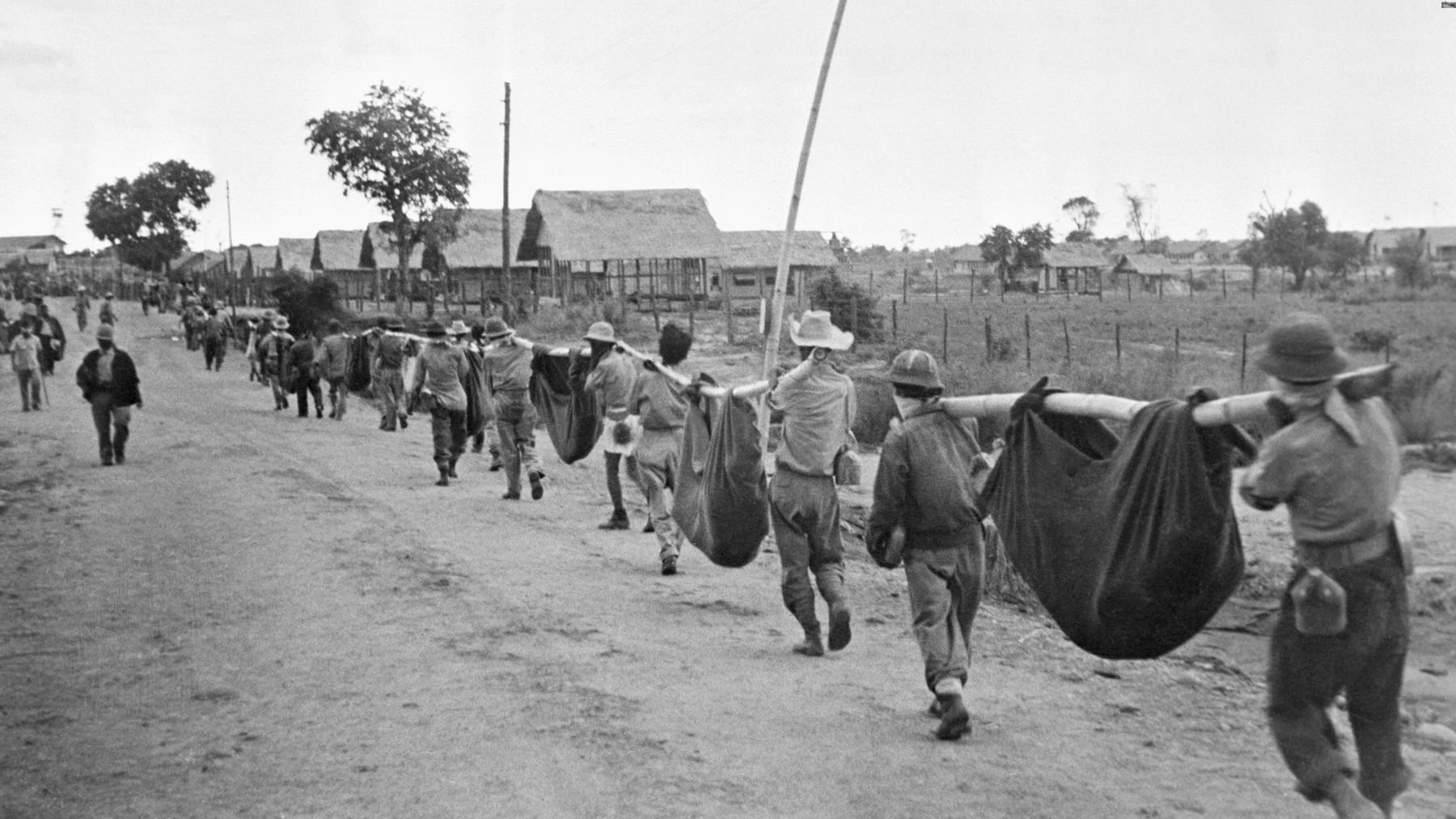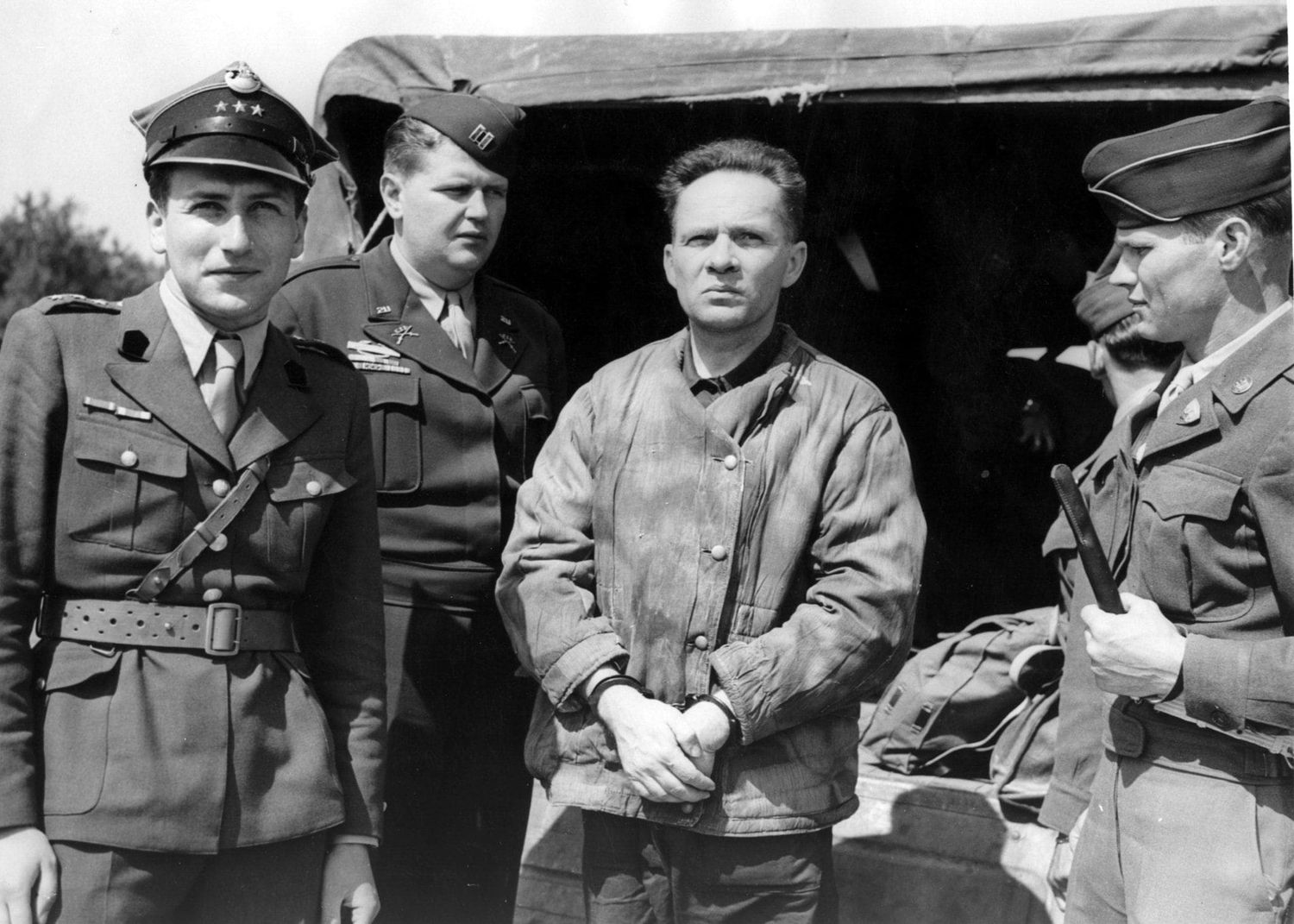
Who is Assata Shakur? Assata Shakur, born JoAnne Deborah Byron, is a prominent figure in American history. Known for her involvement with the Black Panther Party and the Black Liberation Army, she became a symbol of resistance against racial injustice. In 1973, Shakur was convicted of murder, but she escaped prison in 1979 and fled to Cuba, where she was granted asylum. Her autobiography, "Assata: An Autobiography," offers a glimpse into her life and struggles. Despite being on the FBI's Most Wanted list, she remains an influential voice in discussions about civil rights and social justice. Why does Assata Shakur's story matter? Her life challenges us to examine issues of race, justice, and activism in America.
Key Takeaways:
- Assata Shakur, a prominent activist, faced legal troubles, escaped from prison, and found exile in Cuba. Her story continues to inspire social justice movements and academic studies.
- Despite controversy, Assata Shakur's legacy as a powerful voice for the oppressed and marginalized lives on. Her autobiography and activism continue to influence and inspire many.
Early Life and Background
Assata Shakur, born JoAnne Deborah Byron, is a prominent figure in American history. Her life is filled with intriguing and significant events.
- Born on July 16, 1947, in New York City, she grew up in a working-class family.
- Her parents divorced when she was young, leading her to live with her grandparents in Wilmington, North Carolina.
- She later moved back to New York, where she attended high school in Queens.
- Shakur attended Borough of Manhattan Community College and then City College of New York, where she became politically active.
Political Activism
Shakur's involvement in political activism began during her college years and continued to grow.
- She joined the Black Panther Party in the late 1960s, a revolutionary organization advocating for African American rights.
- Shakur was deeply influenced by the civil rights movement and the teachings of Malcolm X.
- She later became a member of the Black Liberation Army (BLA), a group that sought to overthrow the U.S. government through armed struggle.
- Her activism led her to be involved in various community programs, including free breakfast programs for children.
Legal Troubles and Imprisonment
Shakur's activism brought her into conflict with law enforcement, leading to numerous legal issues.
- In 1971, she was accused of several crimes, including bank robbery and kidnapping, but was acquitted of most charges.
- On May 2, 1973, Shakur was involved in a shootout on the New Jersey Turnpike, resulting in the death of a state trooper.
- She was convicted of murder in 1977 and sentenced to life in prison.
- Shakur maintained her innocence, claiming she was targeted because of her political beliefs.
Escape and Exile
Shakur's story took a dramatic turn with her escape from prison and subsequent exile.
- On November 2, 1979, she escaped from the Clinton Correctional Facility for Women in New Jersey with the help of BLA members.
- She lived underground for several years before fleeing to Cuba in 1984.
- The Cuban government granted her political asylum, and she has lived there ever since.
- Shakur remains on the FBI's Most Wanted Terrorists list, with a $2 million reward for her capture.
Life in Cuba
In Cuba, Shakur has continued her activism and built a new life.
- She has written an autobiography, "Assata: An Autobiography," detailing her life and struggles.
- Shakur has become a symbol of resistance and a hero to many in the African American community.
- She has continued to speak out against racial injustice and police brutality from her home in Cuba.
- Despite her exile, Shakur remains connected to her family and friends in the United States.
Cultural Impact
Shakur's life and legacy have had a significant impact on American culture and beyond.
- Her story has been the subject of numerous books, documentaries, and songs.
- Artists like Common and Public Enemy have referenced her in their music.
- Shakur's life has inspired many young activists to continue the fight for social justice.
- She is often cited as a symbol of resistance against oppression and a champion of human rights.
Controversies and Criticisms
Shakur's life has not been without controversy and criticism.
- Some view her as a dangerous criminal and terrorist due to her involvement with the BLA.
- Others see her as a political prisoner who was unfairly targeted by the government.
- Her escape from prison and life in exile have been subjects of intense debate.
- The U.S. government has repeatedly called for her extradition from Cuba, but the Cuban government has refused.
Legacy and Influence
Despite the controversies, Shakur's legacy continues to influence many.
- She has been an inspiration to movements like Black Lives Matter.
- Her autobiography is considered a seminal work in African American literature.
- Shakur's life story is taught in various academic courses on social justice and civil rights.
- She continues to be a powerful voice for the oppressed and marginalized.
Personal Life
Beyond her activism, Shakur's personal life also holds interest.
- She has a daughter, Kakuya Shakur, who was born while she was in prison.
- Shakur's family has supported her throughout her trials and tribulations.
- Despite living in exile, she has managed to maintain a sense of community and purpose.
Reflecting on Assata Shakur's Legacy
Assata Shakur's life story is a powerful reminder of the struggles and triumphs of the civil rights movement. Her journey from activism to exile highlights the complexities of fighting for justice. Shakur's resilience and determination continue to inspire new generations to stand up against oppression. Her autobiography, "Assata: An Autobiography," offers a firsthand account of her experiences, shedding light on the challenges faced by Black activists in the 1970s.
Despite living in exile in Cuba, Shakur's influence remains strong. Her story encourages critical thinking about the justice system and the ongoing fight for equality. By learning about her life, we gain a deeper understanding of the sacrifices made by those who came before us. Assata Shakur's legacy is a testament to the enduring spirit of resistance and the importance of continuing the struggle for a more just world.
Frequently Asked Questions
Was this page helpful?
Our commitment to delivering trustworthy and engaging content is at the heart of what we do. Each fact on our site is contributed by real users like you, bringing a wealth of diverse insights and information. To ensure the highest standards of accuracy and reliability, our dedicated editors meticulously review each submission. This process guarantees that the facts we share are not only fascinating but also credible. Trust in our commitment to quality and authenticity as you explore and learn with us.


